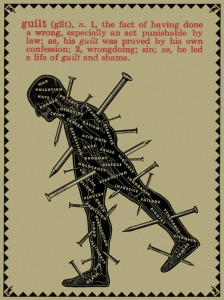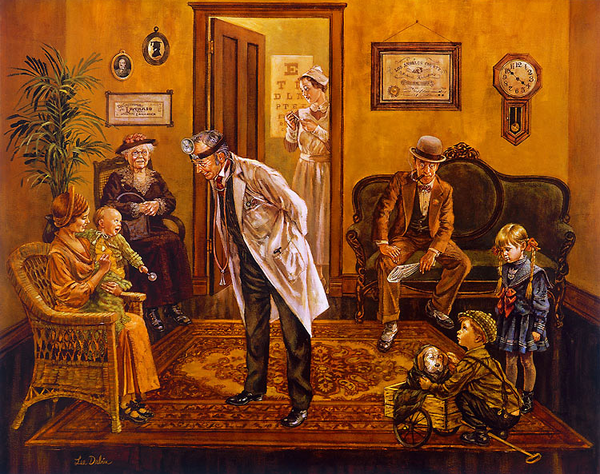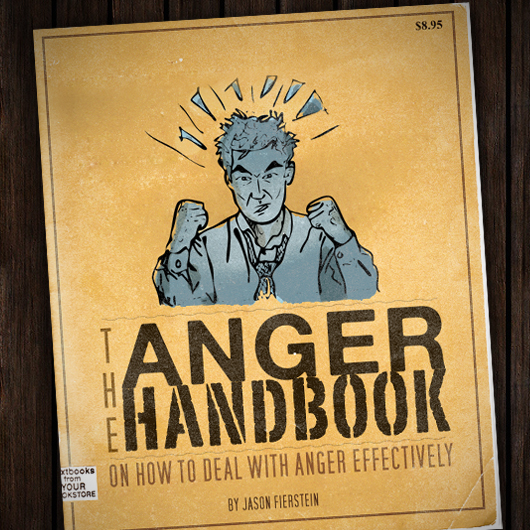The headline is a bit misleading. The kids had the summer off, but Erin and I were as busy with work as ever. Still, we did a lot of summery stuff and, with the kids back in school next week, I thought a recap of our experiences and what I learned from them might be useful.
Mood music:
[spotify:track:4zzvMG8KrsykYtvFEJ99Cl]
We escaped to the coast three times for camping, using one of my father-in-law’s campers. We started local, in Salisbury, Mass., then went to Old Orchard Beach in Maine twice.
Camping was a learning experience for me. I wouldn’t have done it six years ago, when everything scared me, and I’d freak out over every mosquito bite and every speck of dirt. There’s a lot of dirt on your average campground. It turned out well, though. I described the mental health lessons in “Camping? Don’t Let Fear and Anxiety Ruin It for You.”
Duncan broke his arm — again. He and Sean were horsing around on my bed and, as the saying goes, shit happened. The damage was less than his previous break, and he was out of the cast after three weeks.
The day I took Duncan to get the cast off, we were told that because of a scheduling snafu he had to come back the next day. I talked them into doing it that day anyway, but we had to go from Waltham to Boston to get it done. The route was jammed with traffic. That would have melted my brain and sent me into a fit of rage in the past, but instead I kept calm, turned up the rock ’n’ roll and got it done.
Sean went away to Boy Scouts camp for a week, which was a mind-bending experience for all of us. It was weird having only Duncan around, but we made the best of it, and Sean had a good time at camp. We could tell because of the dirt on his legs, the debris in his hair and the smell wafting from his sleeping bag. A few years ago I would have been a panicked mess, worrying about him getting injured or worse when I wasn’t with him. But thanks to years of therapy and the boost provided by a couple of antidepressants, I got through the week just fine, and got some great one-on-one time with Duncan in the process.
Erin got a few days off here and there, but her writing and editing business kept humming along. She’s got a much better handle on the work-life balance than she had in the beginning, thanks in part to a great therapist, and we’re very proud of her.
Erin and I got in some good quality time this summer, too, seeing a couple plays and getting some alone time in Newburyport, Portsmouth and Gloucester. We’ve also been religious about taking evening walks together, which has become one of my favorite parts of the day. After 14 years of marriage, we decided earlier in the year to take stock in where we were at and improve upon the things that needed improving. Like any marriage, ours is a work in progress. But, boy, do I love the work.
As for me, I had an eventful trip to Las Vegas for a hacker conference, struggled a bit with my recovery program and got a renewed hunger for making music. Despite getting badgered by my addictive impulses, I’d say it’s been a good couple of months. I made it through Vegas without binging, and have at least realized that I have to get over my rebellious feelings toward OA and get back with the program.
Life will always have its ups and downs, but if you can learn from it and change for the better, it’s well worth it.









